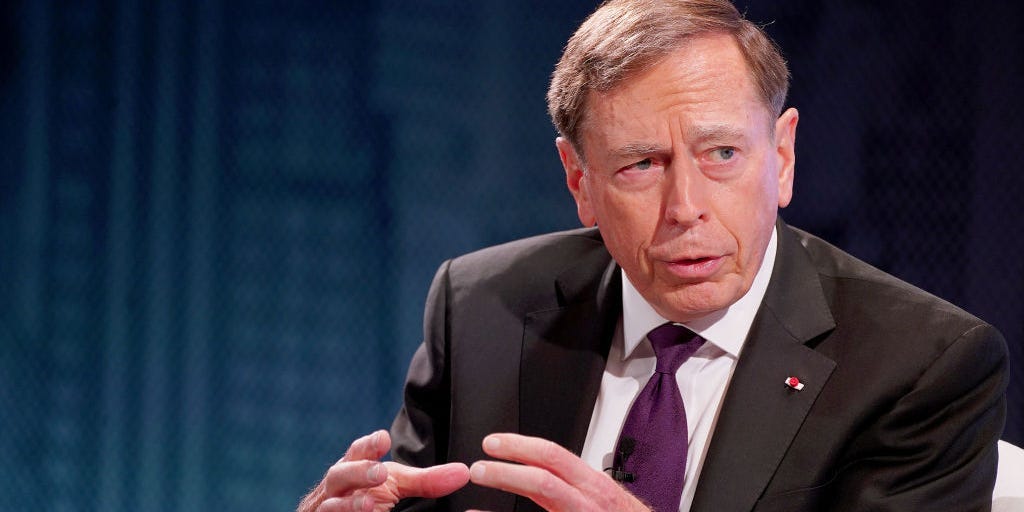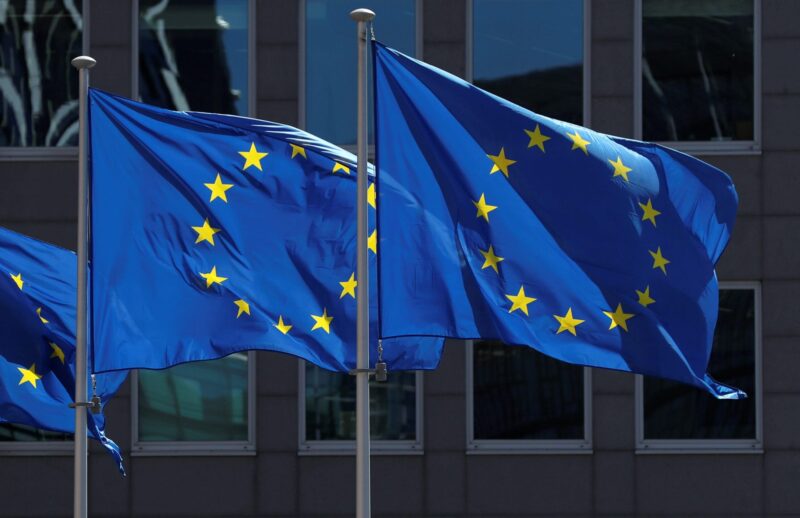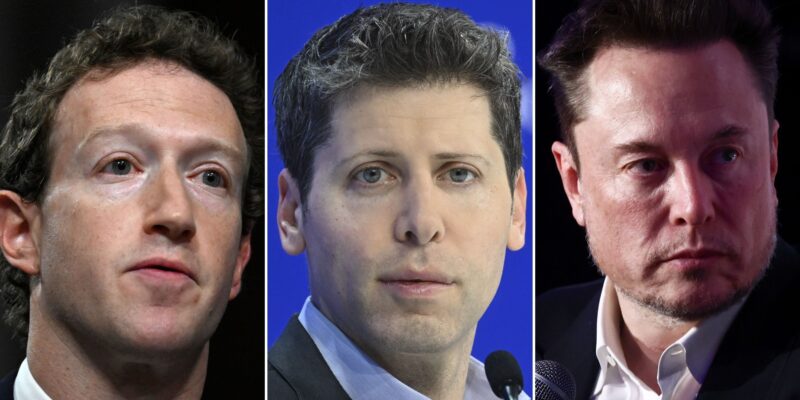- Ex-general David Petraeus said Russia is "desperate" after a string of setbacks in Ukraine.
- He said that the US and NATO would retaliate if Russia used nuclear weapons.
- "You have to show that this cannot be accepted in any way," he told ABC News.
Retired four-star general David Petraeus said that the US and its allies would destroy Russia's military forces in Ukraine and sink its Black Sea fleet if President Vladimir Putin used nuclear weapons.
Speaking to ABC News on Sunday, Petraeus, who served as CIA director and commander of coalition forces in Iraq, spelt out how he believed the US would respond in the event of the nuclear attack by Russia, though said he had not spoken to US National Security Advisor Jake Sullivan about the issue.
"Just to give you a hypothetical, we would respond by leading a NATO, a collective effort that would take out every Russian conventional force that we can see and identify on the battlefield in Ukraine and also in Crimea and every ship in the Black Sea," said Petraeus.
When asked whether the use of nuclear weapons by Russia would bring the US and its allies into the war, Petraeus said it would though was cagey about whether nuclear radiation from an attack spreading to NATO states could be considered an attack on them, triggering NATO's article 5, which obliges member states to defend each other.
"Perhaps you can make that case," he said. "The other case is that this is so horrific that there has to be a response — it cannot go unanswered."
"You don't want to, again, get into a nuclear escalation here. But you have to show that this cannot be accepted in any way."
Last week, Putin announced the annexation of several regions in east Ukraine by Russia, and threatened the use of nuclear weapons if the West interferes. It came after Ukraine seized back control of large tracts of territory from Russia, and the Kremlin announced a chaotic mass mobilization of reservists and civilians.
Petraeus described the moves as "desperate."
"The battlefield reality he faces is, I think, irreversible," he said. "No amount of shambolic mobilization, which is the only way to describe it; no amount of annexation; no amount of even veiled nuclear threats can actually get him out of this particular situation.
"At some point there's going to have to be recognition of that. At some point there's going to have to be some kind of beginning of negotiations, as President Zelenskyy has said, will be the ultimate end."
Dit artikel is oorspronkelijk verschenen op z24.nl











